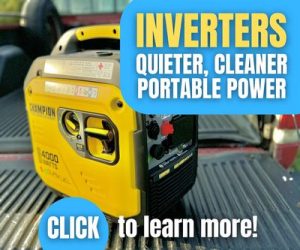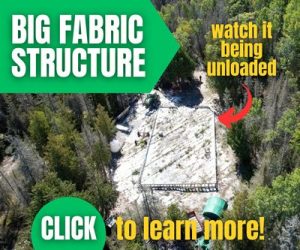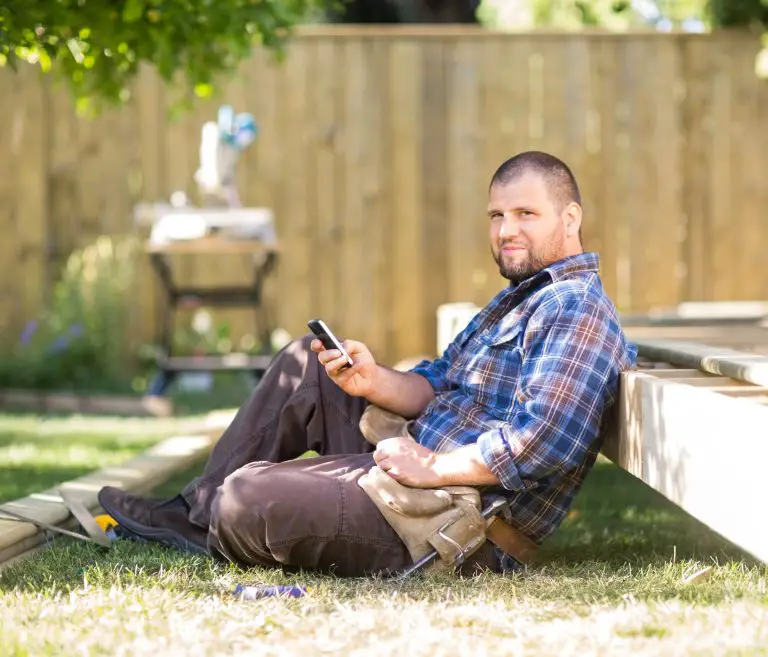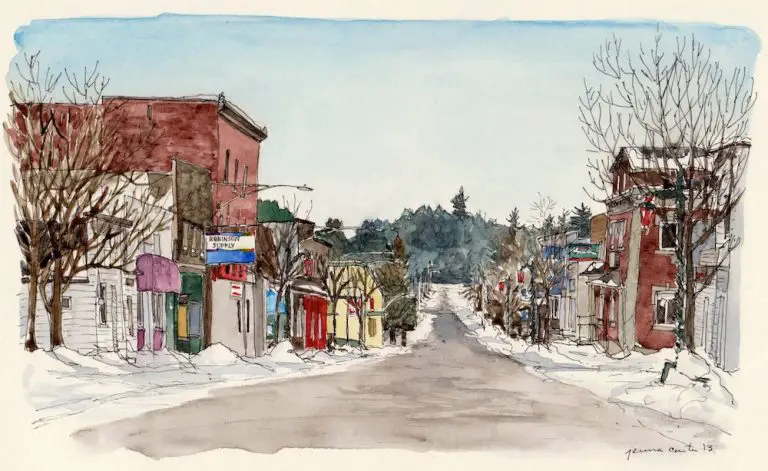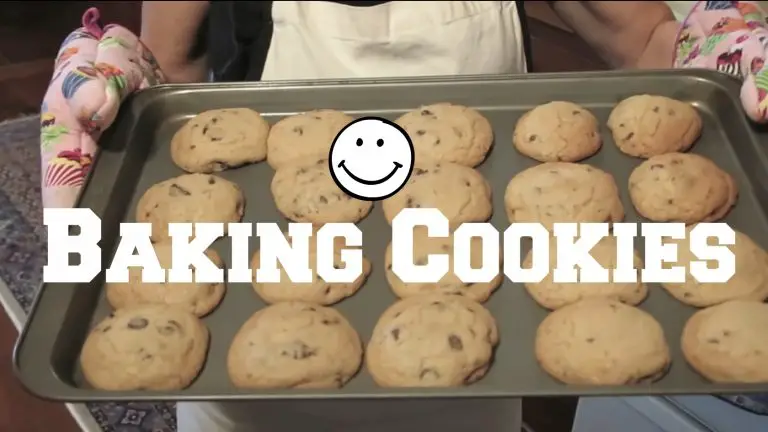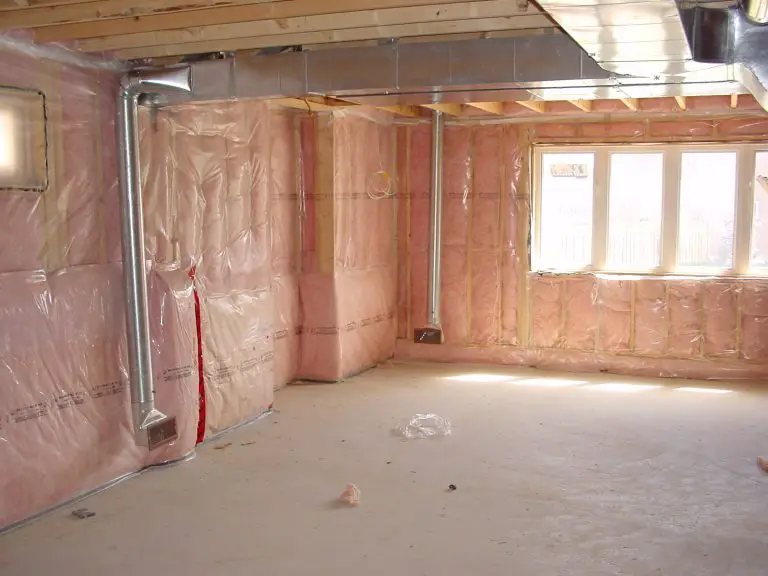- Video watch time = 6 1/4 minutes
If you’re a senior citizen, or you’re physically challenged, you might consider something called a “porch lift” for your home. It’s like a little outdoor elevator to get you up from ground level to the level of a porch or deck that leads into your home. I made a video tour about porch lifts that you can watch below. And as you’d expect, there are government programs in many places that can help with the cost of a lift. They’re well worth looking into.
The list here is a work-in-progress, and I’d like your help building it. So if you know about additional programs that I haven’t listed here, please let me know and I’ll add it to the list. Multiple programs for financial help can usually be combined, so the savings really add up. Details below. If you know of any other programs, from any part of the world, please let me know.
Programs for Canadians
Senior’s Home Safety Tax Credit (Ontario)
This program offers 25% of the cost of the lift in the form or tax credits:
https://www.ontario.ca/page/seniors-home-safety-tax-credit
Home Renovation Tax Credit for Seniors and Persons With Disabilities (British Columbia)
This program is a tax credit up to $1000 or 10% of renovations to a maximum of $10,000.
https://www2.gov.bc.ca/gov/content/taxes/income-taxes/personal/credits/seniors-renovation
New Brunswick Seniors’ Home Renovation Tax Credit (New Brunswick)
This program is a tax credit up to $1000 or 10% of renovations to a maximum of $10,000.
https://www2.gnb.ca/content/gnb/en/departments/finance/promo/renovation.html#:~:text=The%20New%20Brunswick%20Seniors%27%20Home%20Renovation%20Tax%20Credit%20is%20a,improvements%20on%20your%20tax%20return
Home Accessibility Tax Credit (Federal)
The other program is federal, and reimburses 15% of the lift cost:
https://www.canada.ca/en/revenue-agency/programs/about-canada-revenue-agency-cra/federal-government-budgets/budget-2015-strong-leadership/home-accessibility-tax-credit-hatc.html
You may also quality for medical deductions on your income tax for line 33099 on your Canadian income tax return. You’ll need a medical prescription to make a lift eligible for this, but it’s definitely worth talking to your doctor about.
Programs for US Citizens
Medicare — Mobility equipment and some general home equipment are covered by Medicare Part B (durable medical equipment). If eligible, Medicare will reimburse you 80% of the cost or the allowable amount (the maximum price for each product assigned by Medicare) of the item, whichever is less. You are responsible for the remaining 20%. For more information visit Medicare’s website.
Medicaid — The requirements to qualify for Medicaid differ from state to state but in general, financial (income and assets) and medical (ability to perform activities of daily living) considerations are evaluated. To obtain more information by state visit Medicaid’s website.
Medicaid waivers — Many states have programs (waivers) designed to encourage seniors on Medicaid to move out of nursing homes and move in with their family members or into the community. In general, waivers are available to people who need home modifications to assist with daily living as they transition out of a nursing homes they have been staying in for more than 90 days. Visit the Medicaid website for waivers available in your state.
Tax deductions—Home modification and medical expenses for individuals or dependants that exceed 10% (7.5% of those over the age of 65) of their annual income can be deducted from their taxable income when filing taxes. There are some expenses that are ineligible, such as home modification expenses reimbursed by Medicaid waivers, health insurance, etc. For more information visit the IRS website.
Department of Veterans’ Affairs—The Department of Veterans’ Affairs offers many different funding programs and financial assistance for elderly or disabled veterans:
- TRICARE — Covers durable medical equipment prescribed by a physician. Elderly, retired veterans and their families are eligible. For more information on funding visit TRICARE’s website.
- CHAMPVA for Life (CFL) — Provides funding for the 20% co-pay amount not covered by Medicare for durable medical equipment. Family members of veterans who are disabled or killed in the line of duty, are over 65 years old and not eligible for TRICARE may use this program. To learn more visit VA’s website.
- Veteran Directed Care — This program provides qualified Veterans personal care services and help with activities of daily living based on a given budget. Visit the VA’s website for more information.
- Specially Adapted Housing (SAH) or Special Home Adaptation (SHA) grants — For more information on SAH and SHA grants visit the U.S Department of Veterans Affairs.
- Home Improvement and Structural Alteration (HISA) — HISA is the only grant that does not require a service-related disability to be eligible. For more information on HISA grants visit the U.S Department of Veterans Affairs.
Funding Resources by State
You may also want to visit the links below for the following government funding locations:
- Alabama
- California
- Colorado
- Connecticut
- Florida
- Idaho
- Illinois
- Maine
- Massachusetts
- Michigan
- New Hampshire
- New York
- North Carolina
- Ohio
- Pennsylvania
- Tennessee
- Texas
- Washington
- Wisconsin
Renovating your home for extended seniors living involves much more than just installing a lift or ramp. If this is all you do, then you’ll quickly run into limitations. Most seniors begin aging in place renovations way too late, resulting in the need to move into a nursing home when it could have turned out differently. I regularly help seniors and physically challenged people of all ages make a living-at-home plan. Send me an email if you’d like to learn more about my Aging Well at Home program: [email protected]

